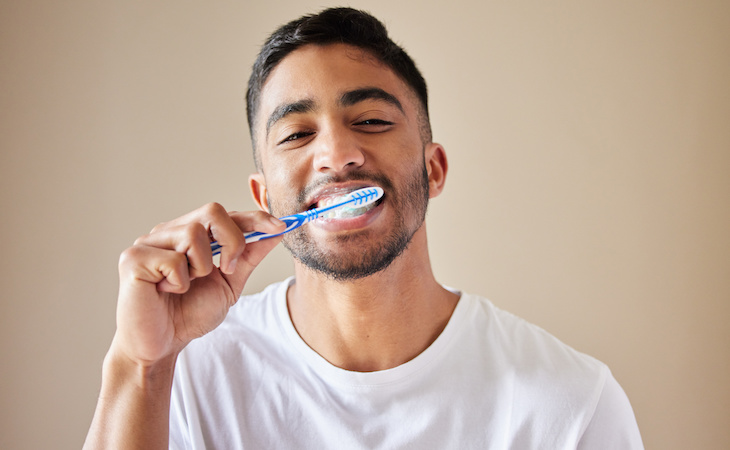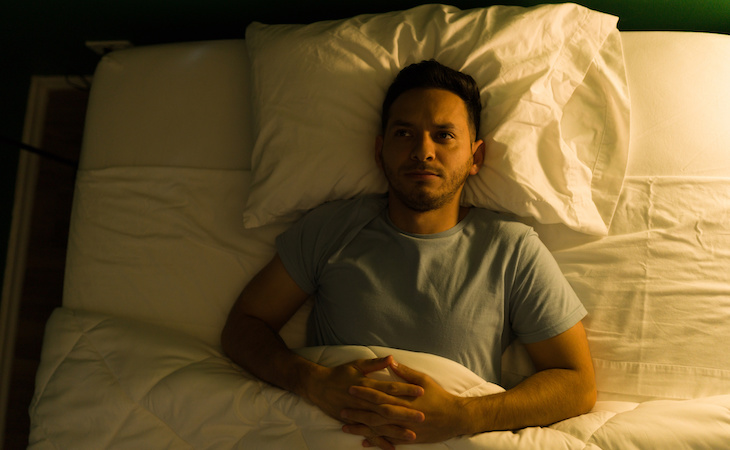Self-care has become an increasingly popular phrase in recent years, and for good reason. It’s “a term used to describe ways to nurture ourselves that are intentional, planned, and rewarding,” explains Karen Whitehead, licensed clinical social worker, and it has become synonymous with mental health. With so much fear and uncertainty in the world today, it’s more important than ever to make self-care a priority.
Why you should practice self-care
“We have spent so much time in recent years being over-stressed, over-worked, and over-scheduled, believing that more is better,” says Whitehead. “Technology has enhanced so much of our lives, but it has also increased the pace with which we do things, allowing us to ‘do’ more in less time.”
Whitehead believes self-care has developed because people are feeling the physical and mental effects of all that doing. And as it turns out, stress combined with a “go, go, go” mentality can make for low-quality sleep as well. In fact, self-care, mental health, and sleep are very much intertwined, Whitehead explains.
“When we aren’t sleeping well, we’re stressed and make taking care of ourselves less of a priority,” she says. “When we’re not taking care of ourselves, we become further stressed and agitated, making good sleep difficult.”
To prevent the vicious cycle of a lack of self-care leading to poor sleep and poor sleep contributing to more stress, Whitehead suggests incorporating certain activities into your day—practices like comforting baths and peaceful meditation sessions that will help you feel nourished and calm when you’re ready to hit the sheets.
How to invite self-care into your day for better sleep
“When we are mentally engaged with caring for ourselves, we can acknowledge that our body functions better physically and mentally with enough good-quality sleep and take steps toward improving our sleep,” Whitehead says.
Here are her recommended self-care steps to promote restful sleep:
Meet your physical needs
Whitehead explains that part of self-care is addressing your physical needs so you can feel your best. She recommends taking a warm bath to relax the muscles, eating healthy foods, or moving your body, all of which can encourage better Z’s. (Here are the types of rest you need for optimal physical and mental health.)
Address emotional, social, professional, and spiritual needs
These nonphysical needs are also key to good self-care. Whitehead elaborates, saying, “This may be practicing mindfulness, laughing, engaging in hobbies we enjoy, saying no to extra responsibilities, reading a book, spending time with pets, taking a break during our workday, enhancing our professional knowledge, engaging in a faith practice, or writing in a gratitude journal.”
Practice self-care in little ways
“Self-care does not need to be expensive or time-consuming,” Whitehead says. “Checking in with yourself about what you need throughout the day can be one way to start.” Try attaching a breath to something you already do—like refilling your water, getting in your car, or using the bathroom. “As you take a deep breath, notice what you feel in your body and ask yourself what you need,” she suggests. “You may find that you’re hungry and need a snack, that you’re lonely and want to text a friend, or that you’re tired and need to plan to get to bed a little earlier that night. Again, self-care is about intention.”
Wrap these things together into a nightly routine
When you are intentional and nurturing with your self-care activities, your mind can rest better at night. Whitehead believes that many of one’s personal needs can be woven into a bedtime routine. She shares an example of a high-quality, nighttime self-care routine, which includes lighting a candle, taking a bath, talking to a friend, and writing down something positive about your day. These things can also “cue your body that it’s time for sleep,” she adds.
The bottom line on self-care
Self-care is an excellent approach to achieving optimal sleep, but it can help you feel a lot better during the day too. Says Whitehead: “Engaging in planned and intentional activities to care for ourselves helps us to stay balanced, reduce our stress, and promote positive sleep.”
Thoughts racing at night? We’ve put together a guide to managing anxiety for better sleep.








